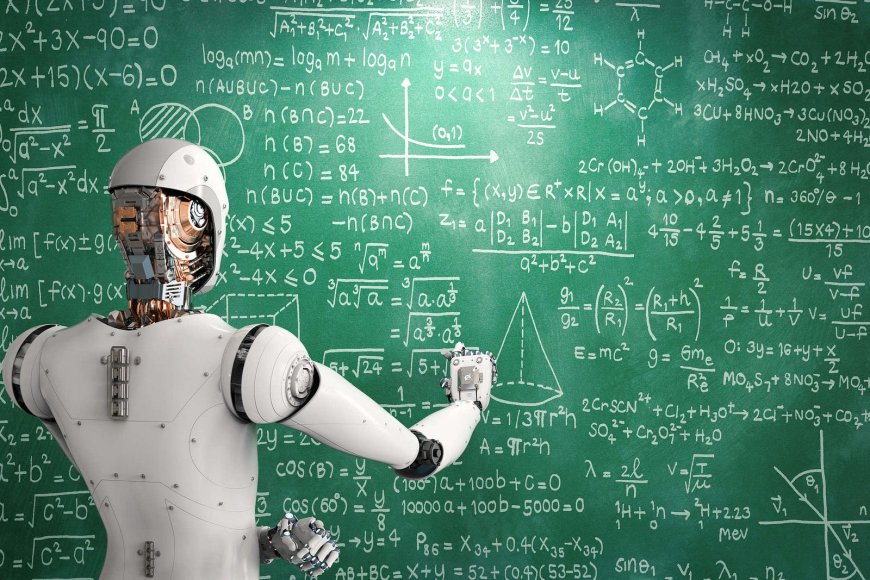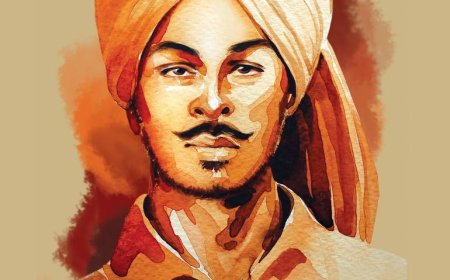How AI is Changing Education in Indian Schools
Explore how AI is transforming Indian schools with personalized learning pathways, enhancing education, inclusivity, and preparing students for the future.

Artificial Intelligence (AI) is reshaping the education landscape, offering innovative ways to enhance learning experiences. In India, schools are increasingly adopting AI to create personalized learning pathways, tailored to individual student needs. This technological transformation promises to make education more inclusive, efficient, and engaging. Here’s how AI is revolutionizing Indian classrooms.
1. What is AI in Education?
AI in education refers to using advanced algorithms to analyze data and adapt learning materials to each student's needs.
2. Personalized Learning Explained
Personalized learning focuses on addressing the unique strengths, weaknesses, and interests of students, ensuring no child is left behind.
3. AI-Powered Assessment Tools
AI tools help teachers assess student performance with precision, identifying areas where students excel or require additional support.
4. Customized Learning Plans
Based on assessments, AI creates customized learning plans, enabling students to progress at their own pace without unnecessary pressure.
5. Enhancing Teacher Support
AI acts as a valuable assistant for teachers, managing administrative tasks and providing insights into student performance, allowing educators to focus on teaching.
6. Bridging Learning Gaps
AI identifies gaps in a student’s understanding and offers tailored resources, such as videos, quizzes, or practice exercises, to bridge these gaps.
7. Inclusivity in Education
AI ensures inclusivity by catering to diverse learning styles and assisting students with special needs through adaptive technologies.
8. AI in Regional Languages
Many AI tools are being developed in regional languages, making quality education accessible to students in rural and underserved areas.
9. Engaging Learning Experiences
Gamified AI platforms make learning interactive and fun, increasing student engagement and retention rates in subjects like math and science.
10. Preparing for Future Careers
By integrating AI into schools, students become familiar with cutting-edge technologies, preparing them for future careers in a digital world.
Conclusion
The introduction of AI in Indian schools marks a significant shift toward more personalized and efficient education. It empowers teachers, enhances learning outcomes, and ensures that every student gets the attention they need to succeed. As AI continues to evolve, it holds the promise of transforming Indian classrooms into hubs of innovation and inclusivity, bridging educational gaps and preparing the next generation for a tech-driven future.
This blend of technology and education paves the way for a brighter and more equitable learning environment across India.




























